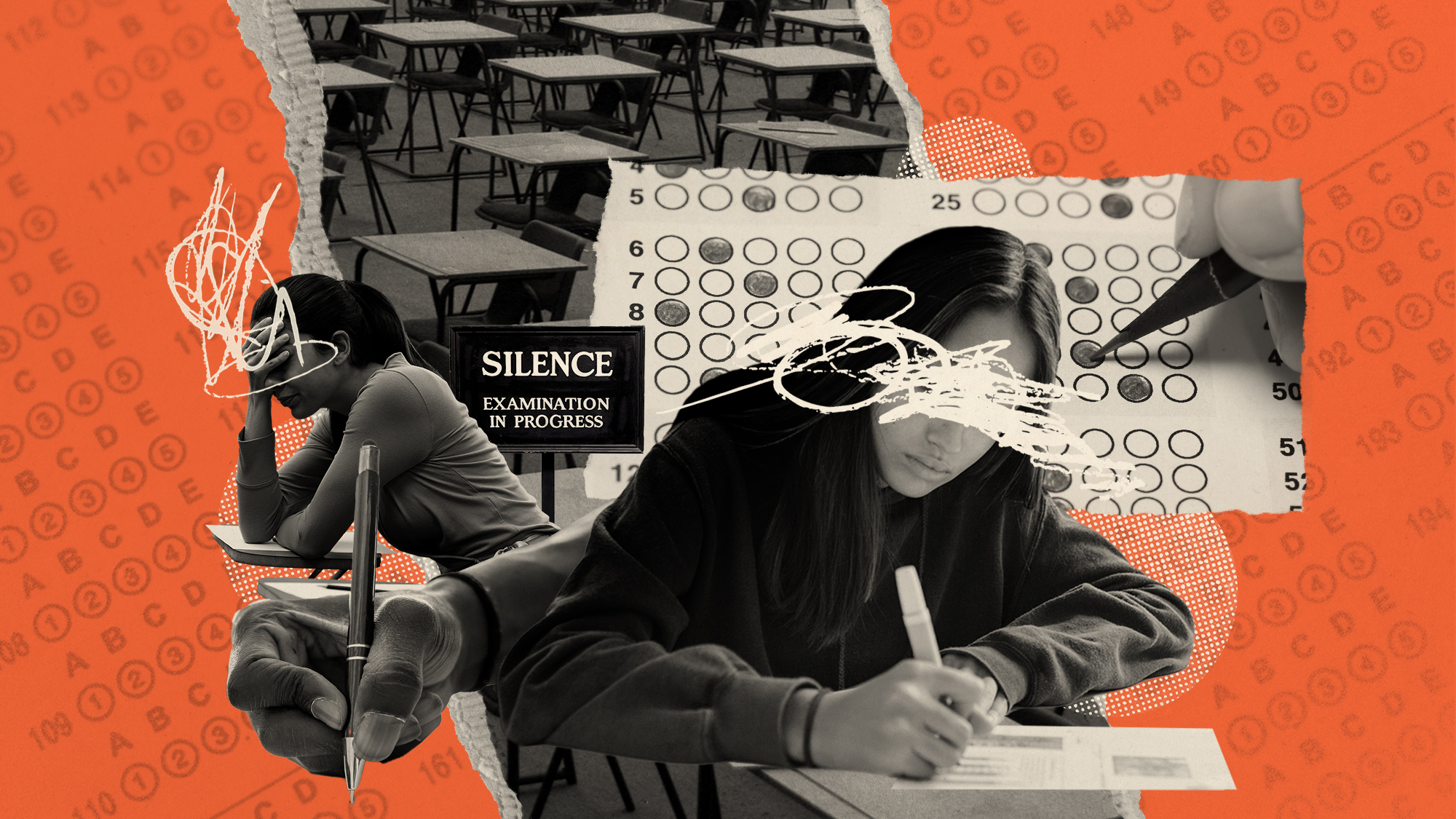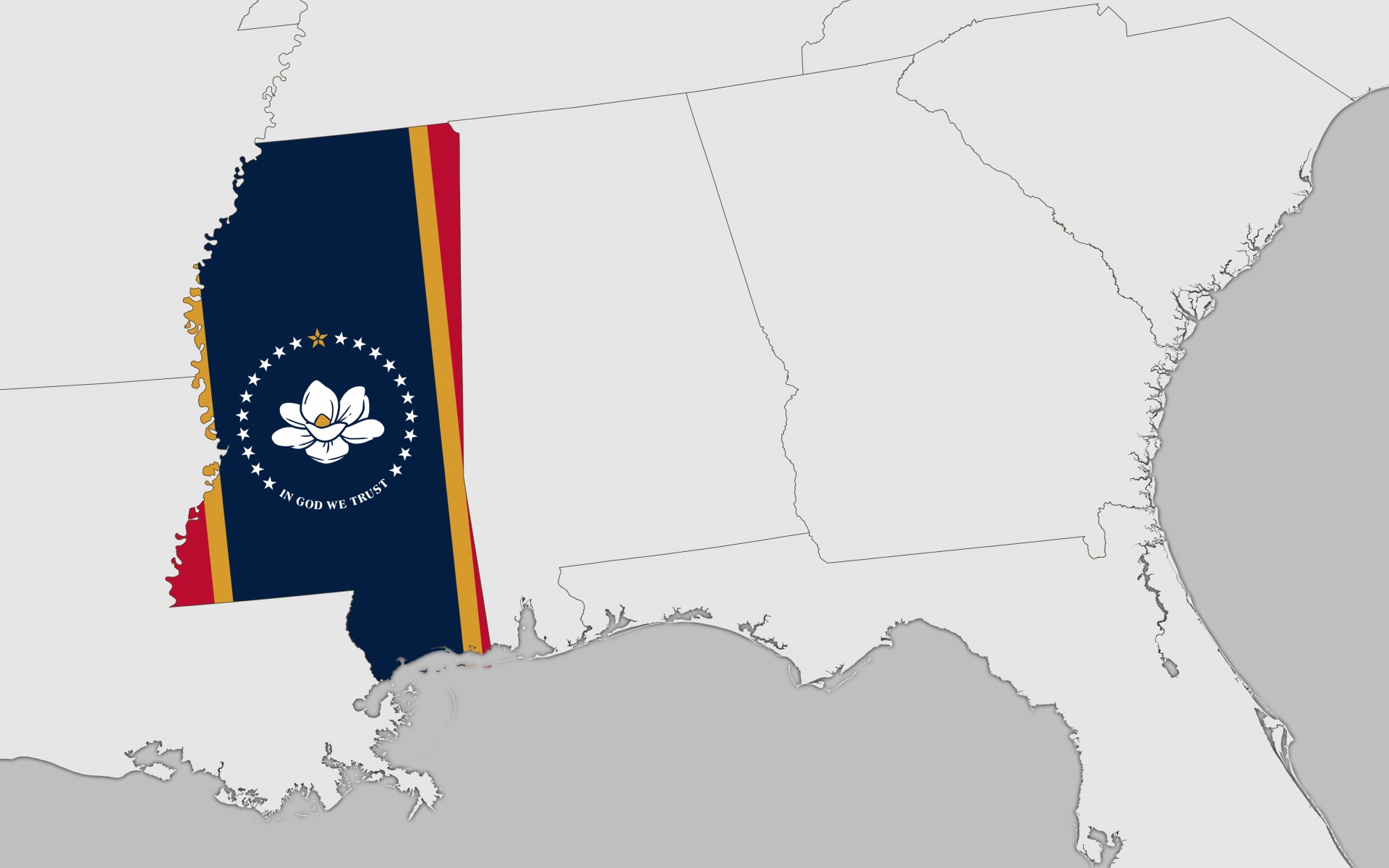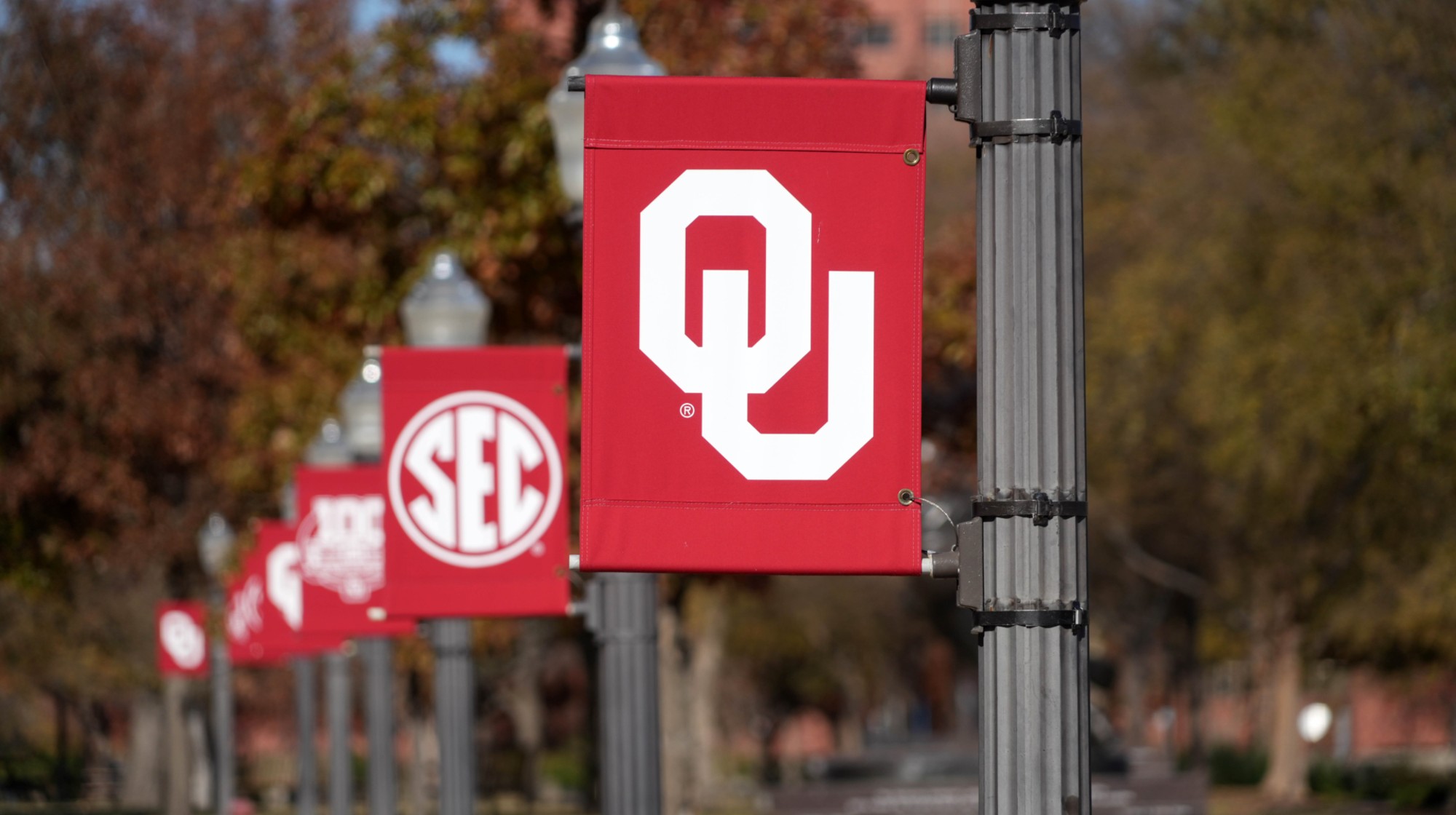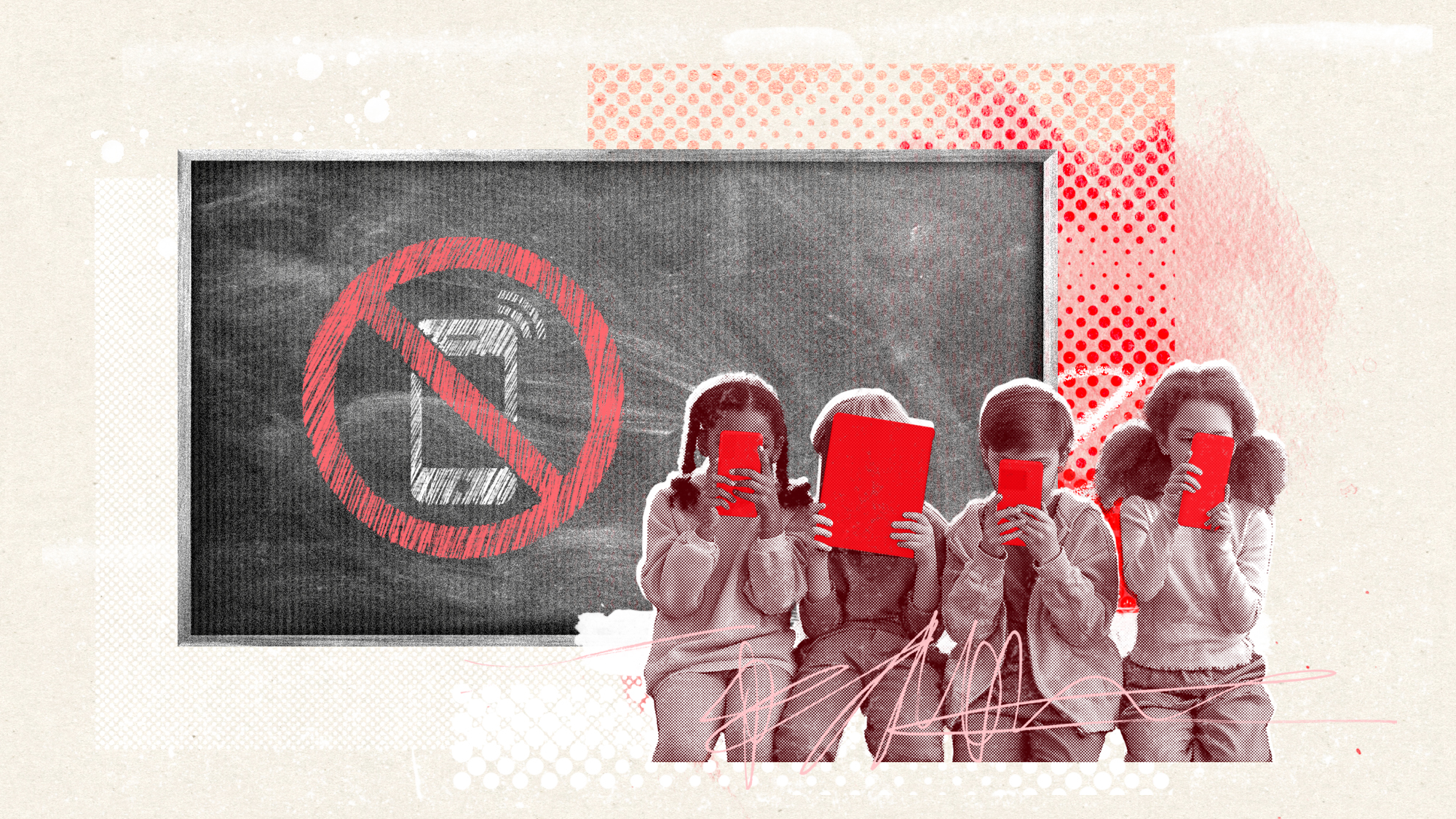Maybe we were wrong about the SAT
What test-optional college admissions really means


A free daily email with the biggest news stories of the day – and the best features from TheWeek.com
You are now subscribed
Your newsletter sign-up was successful
One of the changes to education that seems to have carried over from the Covid pandemic is a shift toward a "test-optional" college admissions process that de-emphasizes SAT and ACT scores. Many colleges and universities initially said the change was temporary, but plenty continue to keep the test-optional policy in place years later. Critics of standardized testing "hailed the change as a victory for equity in higher education," David Leonhardt pointed out in The New York Times. Still, more recently, "a growing number of experts and university administrators wonder whether the switch has been a mistake."
SAT scores are 'more reliable' than grades for gauging success
While some critics of standardized testing see the increase in test-optional policies as a win, there is a growing body of research that shows that those test scores provide vital information that helps "predict college grades, chances of graduation and post-college success," Leonhardt wrote for the Times. "Test scores are more reliable than high school grades, partly because of grade inflation in recent years," Leonhardt explained.
With more schools sticking to test-optional applications, "admissions officers sometimes have a hard time distinguishing between applicants who are likely to do well at elite colleges and those who are likely to struggle," he noted. Researchers think these test scores could be beneficial for "identifying lower-income students and underrepresented minorities who will thrive."
The Week
Escape your echo chamber. Get the facts behind the news, plus analysis from multiple perspectives.

Sign up for The Week's Free Newsletters
From our morning news briefing to a weekly Good News Newsletter, get the best of The Week delivered directly to your inbox.
From our morning news briefing to a weekly Good News Newsletter, get the best of The Week delivered directly to your inbox.
"Just getting straight A's is not enough information for us to know whether the students are going to succeed or not." Stuart Schmill, dean of admissions at MIT, one of the schools that has reinstated testing requirements, told Leonhardt.
Data from a 2023 academic study released by Opportunity Insights showed that among the Ivy Plus colleges, which are the eight Ivy League schools plus Duke, MIT, Stanford and the University of Chicago, there was little correlation between high school grade point averages and success in college. The researchers did, however, find a stronger relationship between test scores and success. "Test scores have vastly more predictive power than is commonly understood in the popular debate," said John Friedman, an economics professor at Brown and one of the authors of the Opportunity Insights study.
Leonhardt asserted that the data "suggests that testing critics have drawn the wrong battle lines."
Scores could still matter more than universities are letting on
While it seems schools have been slow to return to the status quo, it hasn't stopped some from wondering if "test-optional" truly means there are no consequences for applicants who don't submit their scores. "Right now, it's hard to tell," Ben Paris wrote in an op-ed for Inside Higher Ed. College admissions officials are "notoriously opaque about how they make their decisions," public data about admitted students isn't as helpful as assumed, and "the principles behind test-optional policies can be inconsistent and confusing," Paris added. With that in mind, students must consider the consequences of including and excluding test scores, even if the school claims to be test-optional.
A free daily email with the biggest news stories of the day – and the best features from TheWeek.com
"Even though admissions officers aren't supposed to draw negative inferences from the decision not to submit scores, it's possible that they do," he pointed out.
With the shift away from test scores, "I think students over the past few years feel like they've been essentially lied to," Hafeez Lakhani, founder of Lakhani Coaching, a college admissions coaching service, told Forbes. They've been assured the new policy meant testing was genuinely optional. Still, there has been "a significantly higher percentage of students getting into their aspirational schools when they do submit test scores," Lahkani said.
Lakhani conceded that removing the testing requirements has increased acceptances for "first-generation or low-income students, or those applying from school districts with limited means." But test scores might hold more weight for students of means applying to more expensive, higher-ranked universities. "Think of it like extra credit," Lakhani said.
The absence of testing as a metric for acceptance in some colleges has also stirred fears about overemphasizing other parts of the application process. "You're now distilling the application down to far fewer elements, with the transcript almost carrying a disproportionate amount of weight," Lakhani added.
Theara Coleman has worked as a staff writer at The Week since September 2022. She frequently writes about technology, education, literature and general news. She was previously a contributing writer and assistant editor at Honeysuckle Magazine, where she covered racial politics and cannabis industry news.
-
 How the FCC’s ‘equal time’ rule works
How the FCC’s ‘equal time’ rule worksIn the Spotlight The law is at the heart of the Colbert-CBS conflict
-
 What is the endgame in the DHS shutdown?
What is the endgame in the DHS shutdown?Today’s Big Question Democrats want to rein in ICE’s immigration crackdown
-
 ‘Poor time management isn’t just an inconvenience’
‘Poor time management isn’t just an inconvenience’Instant Opinion Opinion, comment and editorials of the day
-
 American universities are losing ground to their foreign counterparts
American universities are losing ground to their foreign counterpartsThe Explainer While Harvard is still near the top, other colleges have slipped
-
 How Mississippi moved from the bottom to the top in education
How Mississippi moved from the bottom to the top in educationIn the Spotlight All eyes are on the Magnolia State
-
 Oklahoma fires instructor over gender essay grade
Oklahoma fires instructor over gender essay gradeSpeed Read
-
 Education: More Americans say college isn’t worth it
Education: More Americans say college isn’t worth itfeature College is costly and job prospects are vanishing
-
 How will new V level qualifications work?
How will new V level qualifications work?The Explainer Government proposals aim to ‘streamline’ post-GCSE education options
-
 England’s ‘dysfunctional’ children’s care system
England’s ‘dysfunctional’ children’s care systemIn the Spotlight A new report reveals that protection of youngsters in care in England is failing in a profit-chasing sector
-
 The pros and cons of banning cellphones in classrooms
The pros and cons of banning cellphones in classroomsPros and cons The devices could be major distractions
-
 School phone bans: Why they're spreading
School phone bans: Why they're spreadingFeature 17 states are imposing all-day phone bans in schools
